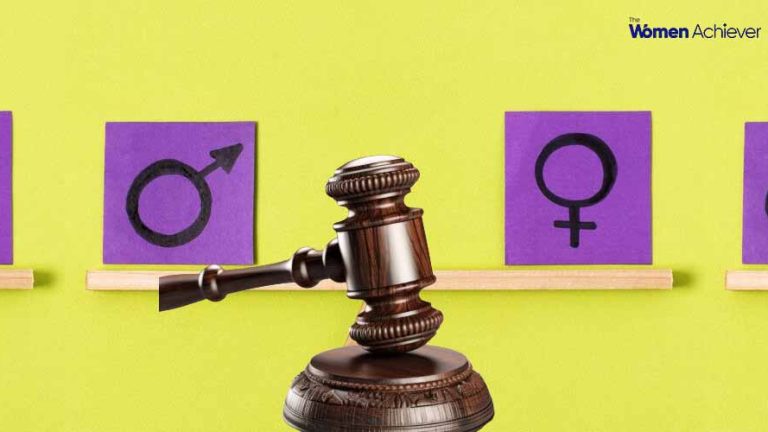Legal Reforms in India: How Women Are Empowering Themselves Against Gender Violence
Violence against women continues to be an enduring fact for most Indian women, yet recent legal reforms are changing the pattern. Prioritizing enforcement of protection, accountability enforcement, and greater access to justice, India’s new legal environment is assisting women in being able to defend themselves against violence and discrimination.
1. Stricter Legislation Against Domestic Violence
The Protection of Women from Domestic Violence Act, 2005 (PWDVA) has also been a milestone. Protection is not only provided to women in marriage but also to women living with their partners. The Act provides protection orders, rights of residence, and money relief, taking full care of survivors.
2. Harsh Penalties for Sexual Assault
The Criminal Law (Amendment) Act, 2013, which was brought into force post-Nirbhaya case authorized severe punishment for sexual crimes. It widened the scope of rape, enhanced punishment, and criminalized stalking and voyeurism. The Act further provided for the death penalty to be awarded to repeat offenders and heinous crimes.
3. Anti-Trafficking and Protection for Victims
The Immoral Traffic (Prevention) Act, 1956 was also amended to punish the traffickers with severe punishment and safeguard the victims. The Trafficking of Persons (Prevention, Protection, and Rehabilitation) Bill, 2018 also suggested stricter rehabilitation processes and instituted special courts for speedy trial.
4. Sexual Harassment in Workplace: Safe Space for Women
The Sexual Harassment of Women at Workplace (Prevention, Prohibition, and Redressal) Act, 2013 (POSH Act) mandates the workplaces to set up Internal Complaints Committees (ICCs) for the effective redressal of grievances. It also guarantees the rights of women to a healthy work environment.
5. Protection of Children from Sexual Offenses (POCSO) Act, 2012
POCSO Act granted children the legislation to protect them from child abuse and exploitation. It facilitated trial proceedings by the child along with counselling the victim child.
6. Triple Talaq Abolition: Empowering Muslim Women
Muslim Women (Protection of Rights on Marriage) Act, 2019 outlawed instant triple talaq and protected Muslim women’s dignity as well as their equality rights. The epochal reform closed down an anachronistic tradition which had posed a danger to lakhs of women.
7. Marital Rape: Agony for Recognition
Marital rape in India is not considered illegal, although increasing activism as well as court intervention is persuading it towards being acceptable. Feminists also make ongoing attempts at amendment on which the marriage rape will become legal as a criminal offence.
8. Nirbhaya Fund and Fast-Track Courts
Specific fast track courts are established everywhere to expedite the cases of sexual assault. Nirbhaya Fund established in 2013 finances schemes for ensuring women’s safety and security.
9. Protection of Survivors of Acid Attacks
The Criminal Law (Amendment) Act, 2013 also ensured that acid attacks are penalized and victims are rewarded. The laws regarding the sale of acid have been made stricter so that the harmful chemicals are not easily available.
10. Cybercrime Acts: Silencing Online Harassment
Since the new trend of cyber bullying, Section 66A of the IT Act and the amendments consider cyberstalking, trolling, and abusing private information for the safety of women on the internet.
Conclusion: India’s legal reforms have been successful in making the environment more secure for women, providing them with legal remedies and enabling them to reclaim their rights. Despite adversity, increased awareness and promotion of women’s rights bode well for a bright direction towards an equal and fairer society.





Add comment